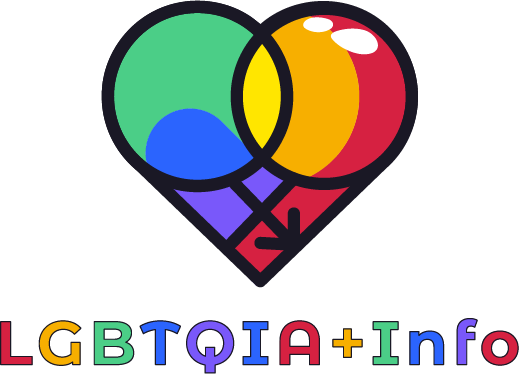In Upstate New York, a legal battle brews as a 17-year-old student from Horace Greeley High School in Chappaqua fights against his suspension. The reason? His use of an anti-gay slur in a rap song, despite identifying as a member of the LGBTQ+ community.
The Incident and Its Fallout
In 2022, the student recorded a freestyle rap song with lyrics that included controversial terms like “twink” and “f***ot.” The student’s intention, as claimed, was to reclaim these words often used as slurs against the LGBTQ+ community.
Unintended Exposure
The song found its way online without the student’s consent, leading to two anonymous complaints to the school. Consequently, the student faced a three-day suspension.
Psychological Evaluation
Adding to the complexity, the school mandated a psychological evaluation for the student due to references to violence in the song. Despite being deemed non-threatening, the student faced disciplinary action primarily for the use of hate speech.
Legal Standpoint and Ramifications
First Amendment Rights
The student’s lawsuit argues a violation of First Amendment rights, citing a 2021 Supreme Court decision that limits a school’s authority over off-campus speech unless it directly impacts school interests.
![Identity and Expression: The Legal Battle of an LGBTQ+ Student]()
- Identity and Expression: The Legal Battle of an LGBTQ+ Student
Impact on College Applications
Beyond immediate repercussions, the student fears adverse effects on college applications due to the suspension.
Expert Opinions and School Response
Legal Perspectives
Constitutional law professor Bennett Gershman highlights the school’s overreach, emphasizing the need for a clear connection between student speech and school interests.
School’s Response
In contrast, the Chappaqua school district defends its actions, asserting that the incident was handled appropriately within legal boundaries.
Conclusion
In the clash between free expression and school authority, the case of the Chappaqua student underscores the need for a delicate balance. While schools aim to maintain a safe environment, they must navigate the complexities of student identity and constitutional rights.


